Alejandro Acín’s new book chronicles the 24 hours leading up to the UK officially ending its relationship with the EU
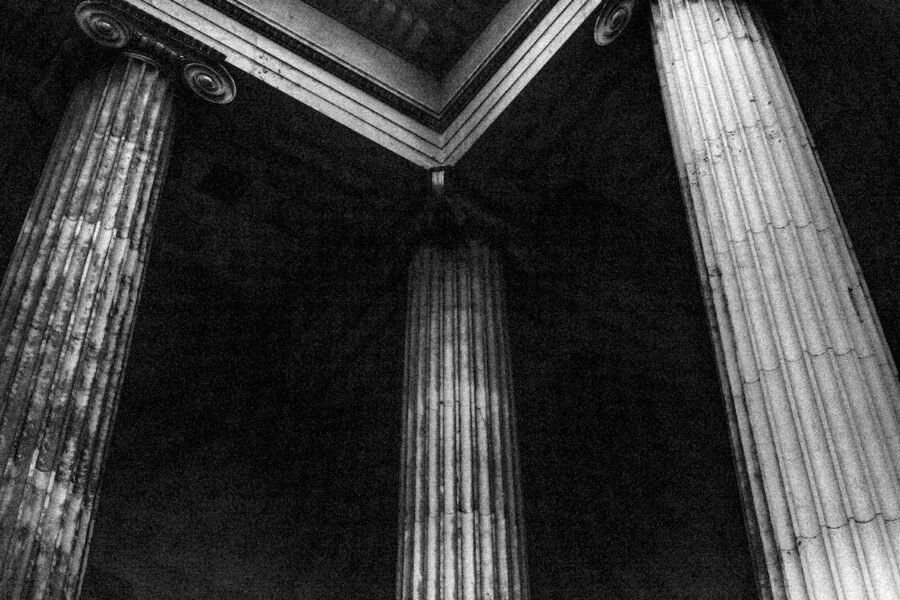

Alejandro Acín’s new book chronicles the 24 hours leading up to the UK officially ending its relationship with the EU
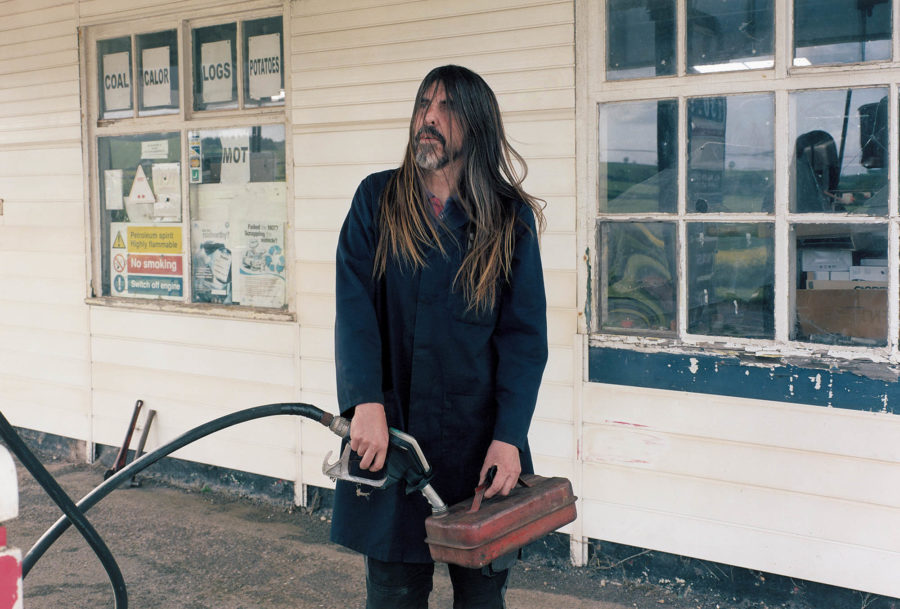
Tim Richmond’s latest photobook is a “love letter” to the people and places of a 20-mile stretch of coast in Southwest England
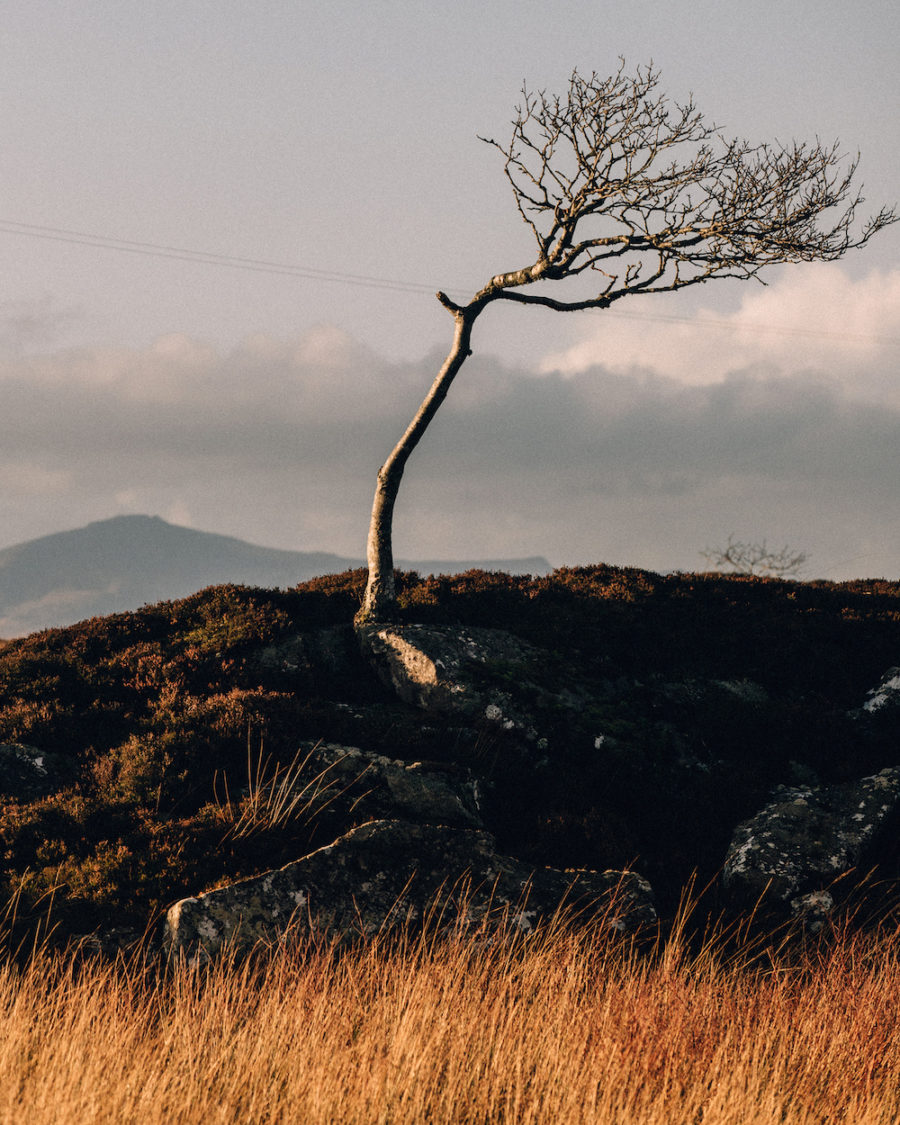
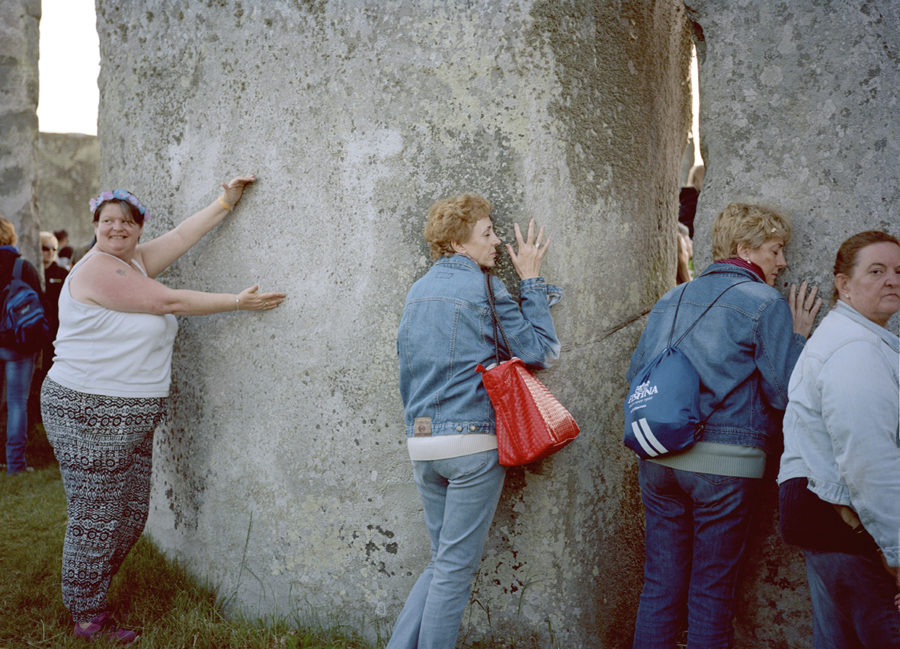
Rambling between photographs, collages and handwritten poems, the book is a representation of England in this contemporary moment
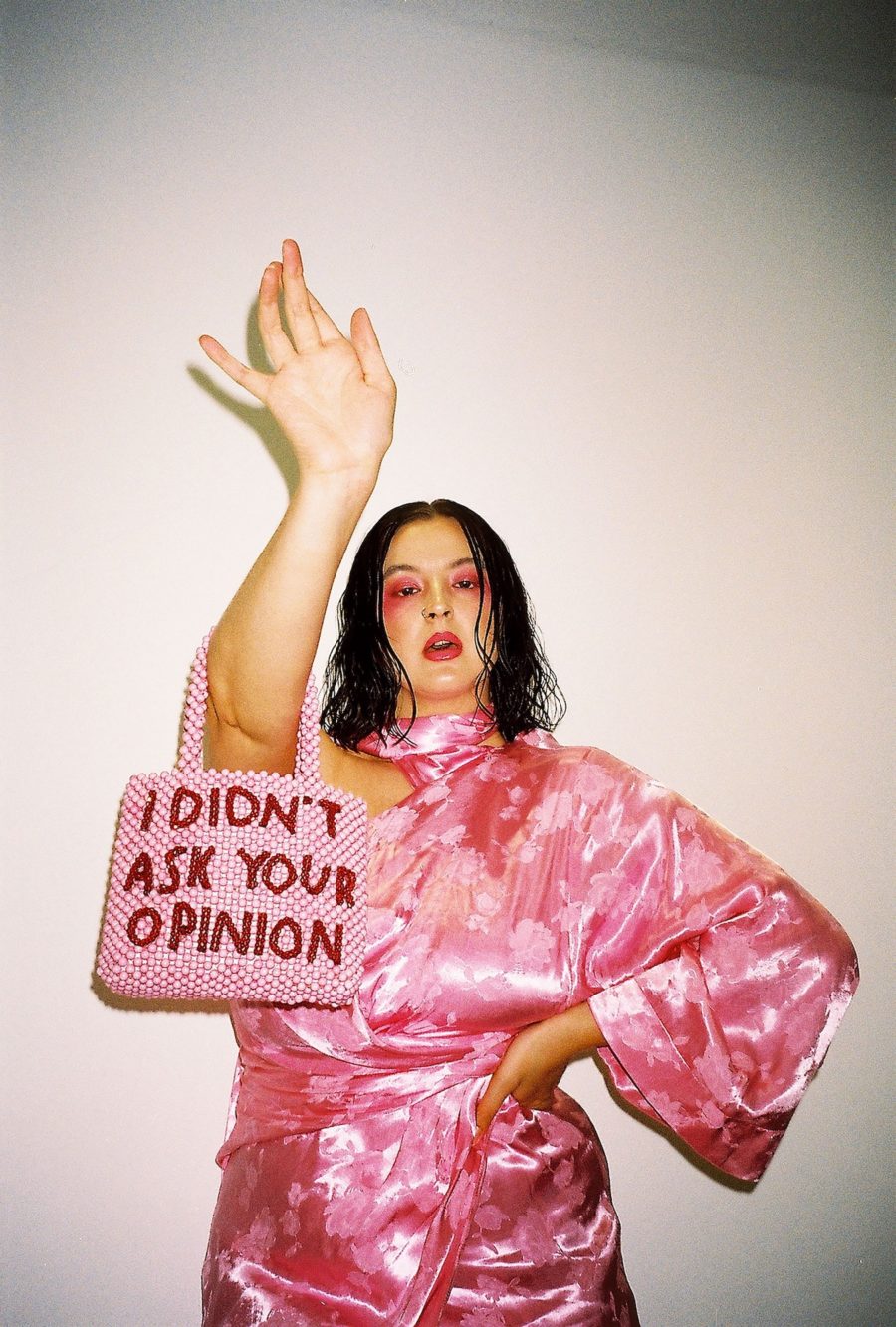
Far removed from the patriotic flag-waving that lays claim to the country, rene matić’s love letter to their Black, Brown and queer community offers an alternative vision of britishness. defiant and sincere, its very existence makes it an incidental voice of protest
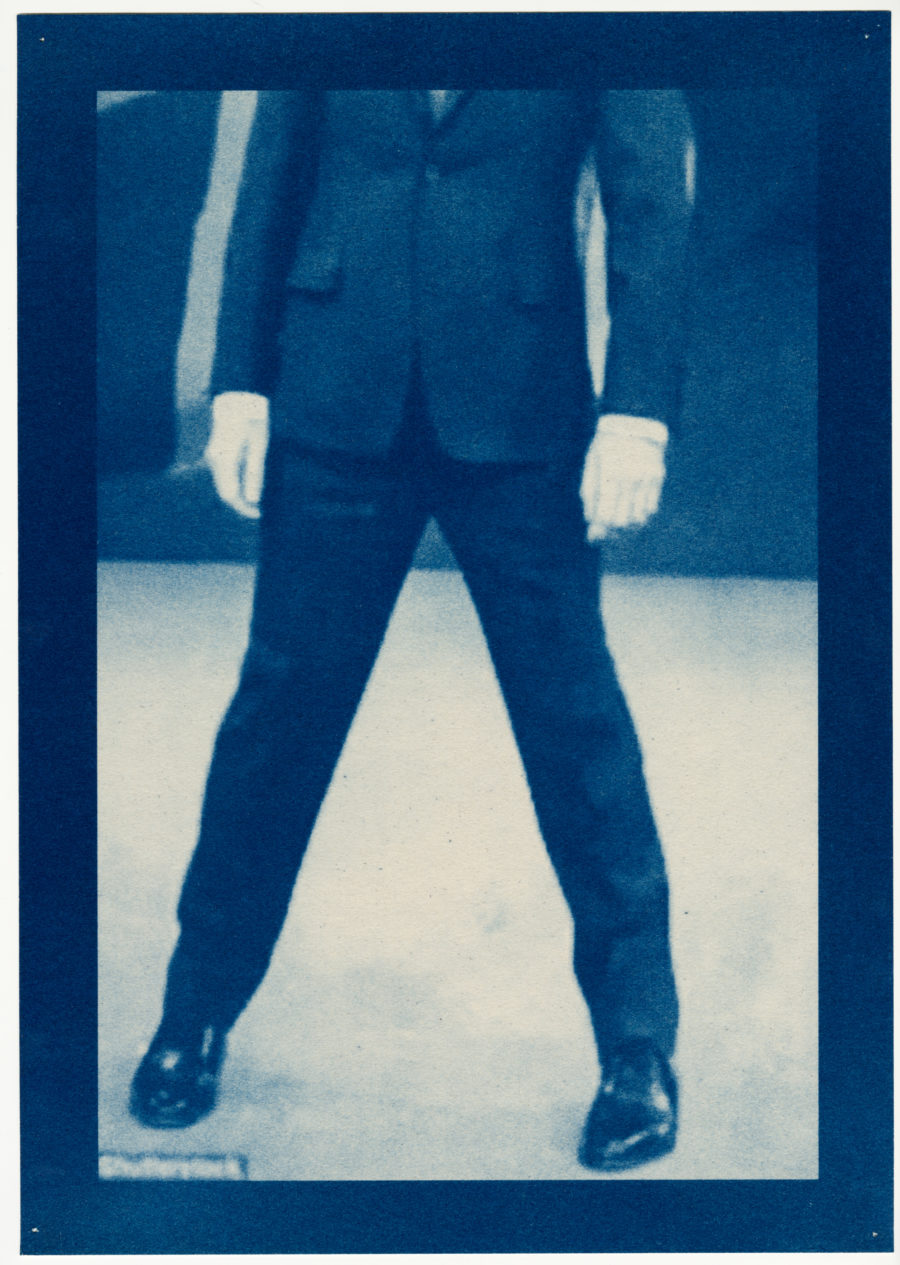
The project, titled Blueprints 2017-2020, distills and recaptures images from the British media that came to characterise the years following the EU referendum
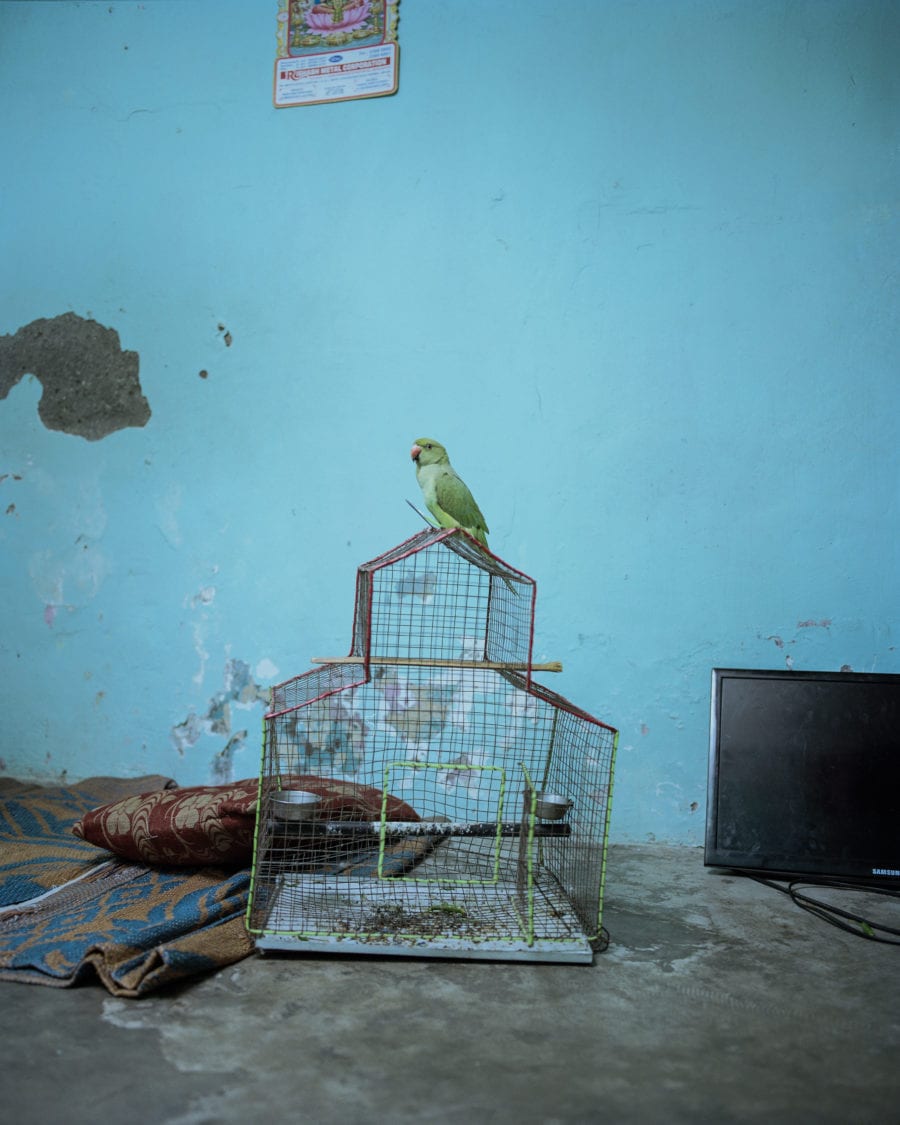
In a study of his own identity, the British-born photographer collaborates with Emmanuelle Peri to explore what the idea of home and belonging really means
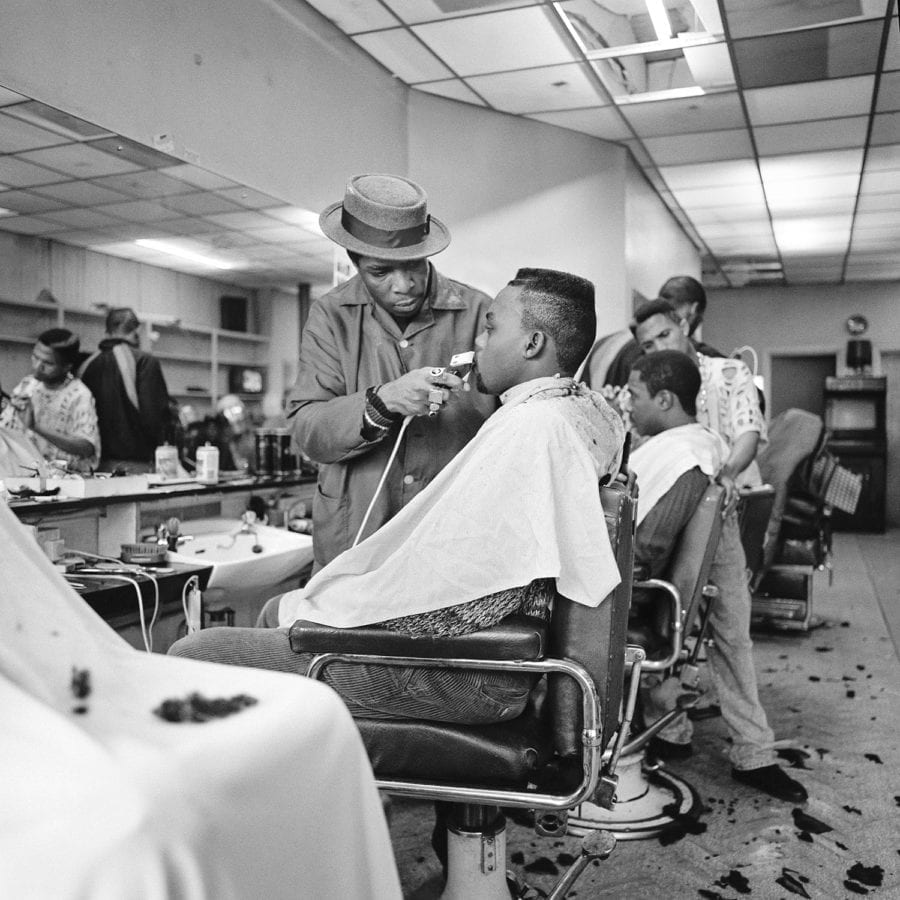
Mehta documents the daily happenings of his home borough, Brent, between 1989 and 1993, which he celebrates for its multiculturalism in his new book